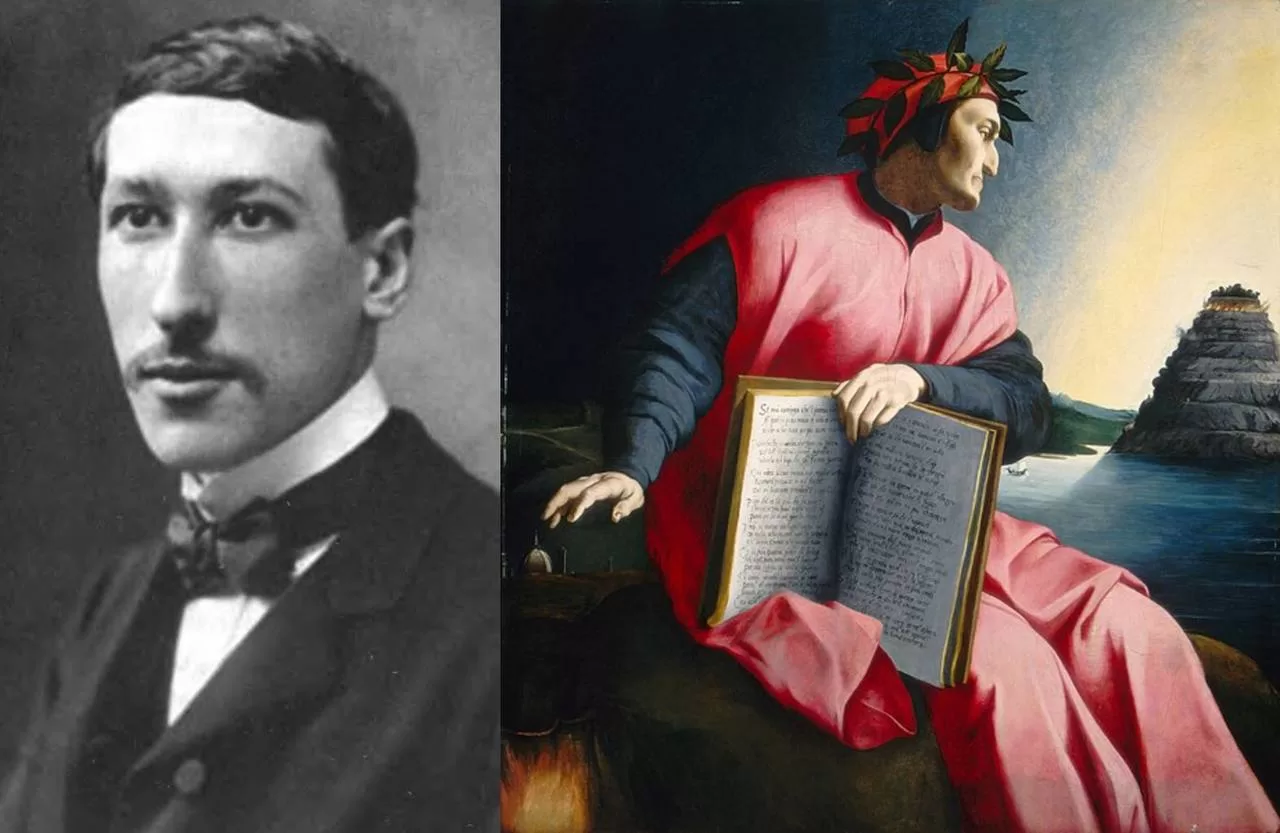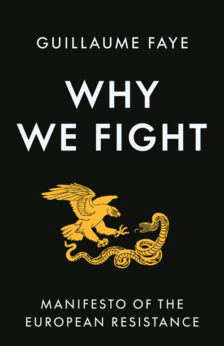Individuals who have not taken the trouble to explore Traditionalism often sincerely believe that the subject of this intellectual movement is indistinguishable from crude, superficial eclecticism. Traditionalists indeed turn to various sources belonging to different spiritual cultures: Greco-Roman, Hindu, Buddhist, Islamic, Christian. Based on identified parallels and using what they call the ‘traditional method’, they draw general conclusions. René Guénon clearly articulated the explanation and justification for such an approach in his book The Esoterism of Dante (1925):
For some, the question stands thus: is Dante a Catholic or an Albigensian? For others, it seems, the question is in different terms: was he a Christian or a pagan? As for us, we think that one should not adhere to such a viewpoint, as true esotericism is something entirely different from external religion. If it has any relation to it, it may be because it finds in religious forms a means of symbolic expression — regardless of which religion these forms belong to since it is about the essential unity of the doctrine that hides behind the visible diversity. That is why the initiates of antiquity participated equally in all the cults of external religions, following the rites established in the various countries in which they were.
The main thought to be drawn from Guénon’s reasoning is the idea of the essential secondary nature of forms. Techniques can vary; what is important is only the vector of the path you have embarked upon. If the vector is ascending, you are striving ‘upwards’ towards authentic transcendence. Then external ritualism should not play any significant role for you. Therefore, examples, teachings, and practices from one or a number of other spiritual traditions and cultures can be equally persuasive and effective for you. By adopting such a position, you do not ‘mix heterogeneous elements’, which implies an eclectic approach. On the contrary, you reveal the ‘singular’ and ‘authentic’ given in the variety of symbolic forms. There is only one Truth, to which one can arrive by various paths. Comprehending it is the most important task of life.








One of the reasons for the criticism that you refer to is the modern obsession with ‘experts.’ Academics today are early on in their careers indoctrinated into the near-religious belief that one must think and write within a very narrow range of ideas and literature. They are, thus, predisposed to not consider seriously the work of any scholar who fails to bow to this directive from on high. Like greedy gnomes or dwarves in a Wagnerian piece, or the well-known Tolkienesque continuation, today’s typical intellectual focuses on holding fast to his ‘precious’: the particular subfield in which he considers himself an ‘expert.’ Because of this obsession with smaller and smaller areas of scholarship, any threat to their ‘expertise’ is that much more threatening. For how frightening is it to have some presumed rube with big ideas and aspirations, and little ‘official’ credentials, delve—so it is believed—clumsily into what is *theirs*. Impossible! Such a ‘contribution’ with its taboo overreach *can’t* be worthy of the new secular priesthood. Therefore: need not even consider it.